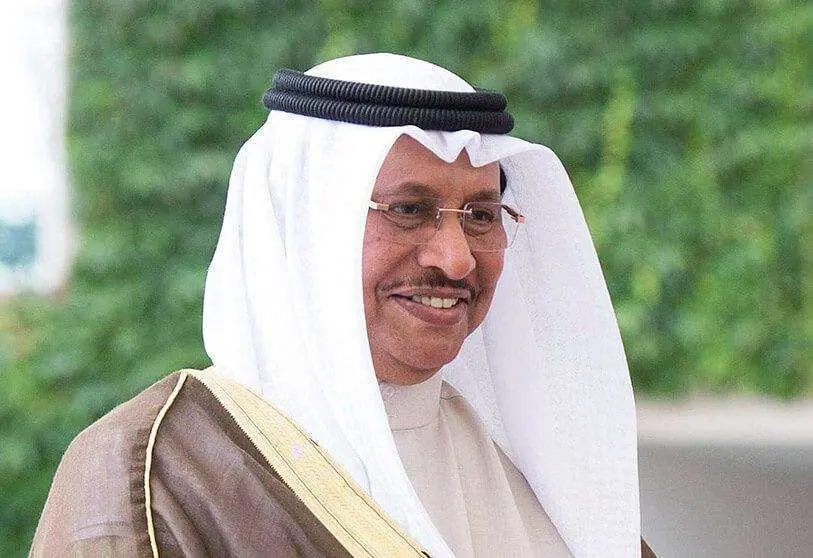Kuwait re-elects Ahmad Nawaf al-Sabah as Prime Minister

A decree was issued on 5 October recognising His Highness Ahmad Nawaf al-Sabah as Prime Minister of the State of Kuwait. Born in 1956 in Kuwait City, he graduated from Kuwait University with a degree in Commerce. He became Minister of the Interior, rising to the rank of lieutenant general in the military. After retiring from the Ministry, he went on to serve as Governor of Hawalli from 2014 to 2020 and Deputy Commander of the Kuwait National Guard from 2020 to 2022.
In November 2020, an order was issued appointing Sheikh Ahmad Nawaf al-Sabah as deputy chief of the National Guard with a ministerial title. Following the formation of the Sabah al-Khalid al-Sabah government, he became deputy Prime Minister and Minister of Interior in March 2022. Several months after Sabah al-Sabah's resignation in April 2022, he became Prime Minister of Kuwait in July 2022, appointed to the post by his father.

Although Kuwait bans political parties, it has given its parliament more influence relative to similar bodies in other Gulf monarchies, and the country, a US ally, has always maintained stable cooperation between parliament and government.
Following the early elections on 29 September, the Prime Minister's first duty will be to form a new government. These elections came about because Crown Prince Meshal dissolved parliament to mark the end of the last political cycle, which has hindered, stalled and blocked many of the proposed fiscal reforms. Instead, parliament seeks to resolve the ongoing tension with the executive.
???Kuwaitis queue outside a polling station in the capital Kuwait City as polls open in the country's most inclusive elections in a decade, with some opposition groups ending a boycott after the oil-rich country's royal rulers pledged not to interfere with parliament. pic.twitter.com/nT6xrDJ3fF
— worldnews24u (@worldnews24u) September 29, 2022
Following the government's resignation last April, the Gulf constitutional monarchy is navigating political instability marked by clashes between rulers and MPs. Over the past two years, accusations of corruption and ineffectiveness have been levelled by legislators against ministers. The latter have defended themselves by accusing MPs of "abusing the tools that allow them to question" members of the government.
A total of 305 MPs, including 22 women, requested the anticipation of the National Assembly last Thursday. Official figures recorded more than 795,000 voters, making it the highest voter turnout in its history, more than 40% higher than the previous election. Of the 50 seats up for election, 28 were won by opposition members of which 20 were former MPs, including three former ministers, one of whom is in jail. While some 51% of voters are women, only 4% are women.

Disputes between the Kuwaiti government and parliament have led to Cabinet reshuffles and the dissolution of the legislature over the decades, affecting investment in the country and the amendment, reversal or passage of various reforms.
While Kuwait's leadership, following opposition demands, has moved in the face of perceived corruption to restructure some key institutions in order to grant amnesty to dissidents, key reform proposals such as a public debt law remain stalled.








